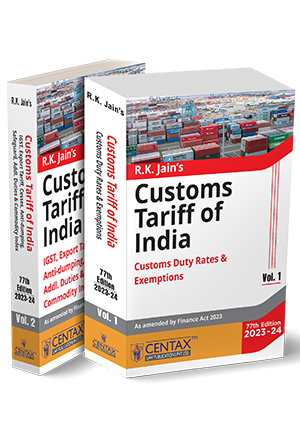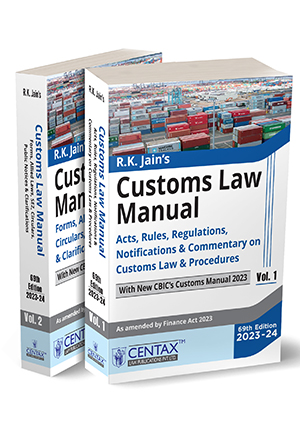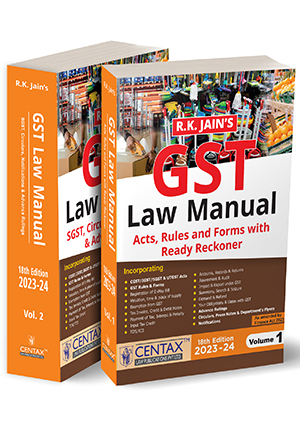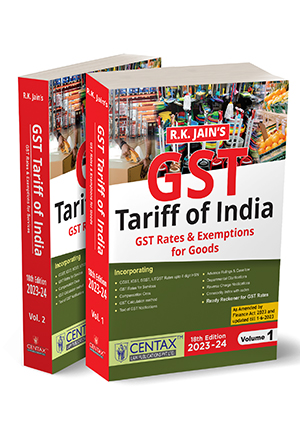Magistrate Denied Interim Compensation for Cheque Bounce as Bank Extracts and Vouchers Clearly Evidenced Partial Payment
- News|Blog|FEMA & Banking|
- 3 Min Read
- By Taxmann
- |
- Last Updated on 26 June, 2024

Case Details: Bajaj Constructions v. State of Maharashtra - [2024] 163 taxmann.com 675 (HC - Bombay)
Judiciary and Counsel Details
- N.J. Jamadar, j.
- Niranjan Mundargi, Manisha Prajapati & Dhiren Shah for the Petitioner.
- Prashant Jadhav, APP & Sayaji Nangre for the Respondent.
Facts of the Case
In the instant case, the complainant company was engaged in the business of internal and external painting of buildings, plumbing and reconstruction work. The accused also deals in the business of building construction and real estate development.
One of the buildings, namely the Vandana Building, which was then developed by the accused, was incomplete. At the instance of the accused, the complainant carried out balanced civil work of the said building. The accused had agreed to pay consideration of Rs.1.70 crore. The accused issued a cheque towards the discharge of the said liability.
Upon presentation, the cheque was returned unencashed. Thereafter, a demand notice was issued. Despite service of the demand notice, the accused committed default in payment of the amount covered by the cheque. Hence, a complaint under section 138 of the Negotiable Instruments Act, 1881, was filed.
Upon being served with the summons, the accused appeared. The complainant moved an application under section 143A of the Act, seeking a direction against the accused to pay 20% of the cheque amount as interim compensation. The accused resisted the application by filing a reply contending, inter alia, that a substantial portion of the amount covered by the subject cheques was, in fact, paid to the complainant in cash and through banking channels.
It was contended that the complainant had misused custody of the subject cheque and suppressed the fact that a substantial portion of the amount had already been repaid. Consequently, the presentment of a cheque without acknowledging part payment having already been received was illegal, and, therefore, cheques could not be said to have been drawn in the discharge of a legally enforceable debt or liability.
Thus, the Metropolitan Magistrate was persuaded to reject the section 143A application. The Additional Sessions Judge, however, allowed the revision application and directed the accused to deposit 20% of the amount covered by cheque by way of interim compensation.
Being aggrieved, the accused had filed an instant writ. It was noted that prima facie, the finding of the Metropolitan Magistrate did not appear to be based on any material. Further, copies of vouchers and extracts of bank accounts, allegedly evidencing payment by the accused to the complainant, were tendered along with a reply filed by the accused.
High Court Held
The High Court noted that the order passed by the Metropolitan Magistrate did not suffer from such legal infirmity as to warrant interference in exercising revisional jurisdiction.
Further, since the order passed by the Metropolitan Magistrate was discretionary in nature, it was not open to the revisional Court to lightly interfere with the exercise of discretion by the Magistrate unless it appeared that discretion was exercised in an arbitrary manner by either ignoring relevant material or taking into account irrelevant material.
The High Court held that revisional jurisdiction could not have been exercised only because a different view was possible on the same set of facts. Therefore, the impugned order passed by the Session Judge was to be set aside, and the order passed by the Metropolitan Magistrate was to be restored.
Disclaimer: The content/information published on the website is only for general information of the user and shall not be construed as legal advice. While the Taxmann has exercised reasonable efforts to ensure the veracity of information/content published, Taxmann shall be under no liability in any manner whatsoever for incorrect information, if any.





